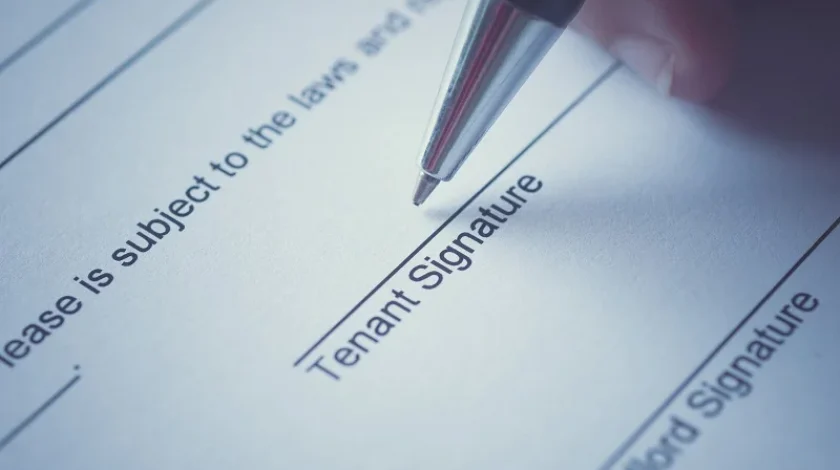Assisted by Maja Podinic.
As with all modern industries, technology continues to revolutionise the way that we work within professional services. It is clear that Australia’s property industry is far from falling behind with regard to the utilisation of new technologies, with both the introduction of PEXA aimed at easing the process involved in property transactions, and recent dialogue surrounding the potential implementation of blockchain technology within areas of the market having made headlines in recent times.
Given this, it is only natural to assume that making the transition from traditional paperwork to electronic-only filing systems is likely to soon follow – but what happens when legislation puts a halt to this ideal?
The Electronic Transactions Regulations 2000 (NSW) restricts electronic witnessing of documents, meaning that unfortunately, going completely paperless must wait – and in turn, so must real estate agents, landlords and tenants looking to finalise their property deeds in a timely manner.
The State Government has already recognised that this legislation is becoming obsolete, and as a result, the Conveyancing Legislation Amendment Bill 2018 (NSW) was recently introduced in State Parliament.
Traditional common law requirements for deeds to be executed and witnessed on “paper, parchment or vellum” will become a thing of the past, with the Government showing a genuine commitment to providing faster, more convenient and more efficient services.
As a result, real estate agents, landlords and tenants can expect faster settlements, as well as quicker turnaround times in relation to the finalisation of both deeds and contracts. In commercial and retail settings, the importance of timely execution is considerable, with tenants being required to provide copies of executed documents prior to receiving access to premises in order to commence fit-out works. This avoids the hassle of using ‘snail mail’ and similarly removes unnecessary delays from the process.
With the fast-paced and ever-changing nature of modern technology, legislation can often find itself falling behind, leaving it vulnerable to ineffectiveness. However, given that the bill does not require a specific method of electronic signing or witnessing, as technology advances and more options become available, parties will have the liberty to use the latest and most efficient methods at their own discretion, with regulations simply being utilised as a point of guidance.
NSW Minister for Finance, Services and Property Victor Dominello recently noted that “by introducing e-signatures we are giving buyers more time to read documents, providing greater security and reducing the time needed to settle a property transaction”.
With this said, some parties may be averse to the idea of bringing such a crucial element of a contract onto an online platform, given recent privacy concerns surrounding e-conveyancing. The new laws will not make electronic land contracts and deeds mandatory, with traditional paper-based signing still to be allowed – however, fraud is an isolated issue, and one that is not specific to online platforms. Over the past five years in NSW, more than $7 million has been paid out via the Torrens Assurance Fund for fraudulent paper transactions. Through the combination of technological developments and new legislation, we could find ourselves in a position where we are able to detect and address such activity sooner.
The above is in comparison to our counterparts in the UK, who began accepting e-signatures in legal documents in 2016. With this said, the UK does not allow for electronic witnessing, although the UK Law Commission is currently trying to implement this.
Despite making electronic signatures valid over two years ago, a UK Law Commission report published in August 2018, noted that businesses were unsure whether electronic signatures would satisfy legal requirements, and were thus hesitant to adopt the new method.
In order to avoid this type of uncertainty here in Australia, it may be necessary for NSW practitioners to bring to their client’s attention the validity of e-signatures within the context of contracts. Similarly, practitioners may be required to clarify for their clients how the use of e-signatures will help to both finalise matters efficiently and utilise current legislation as effectively as possible.
If you have a query relating to the Conveyancing Legislation Amendment Bill 2018, or any of the information in this piece – or if you would like to speak with a lawyer in Coleman Greig’s Conveyancing team, please don’t hesitate to get in touch:













